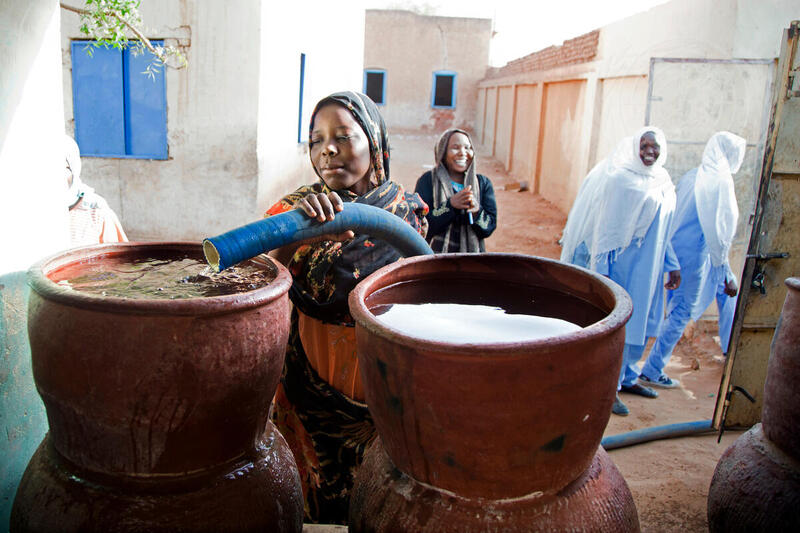
Stewardship, WASH, Infection Prevention, and Control
Prevention should underpin the antimicrobial resistance response across sectors.

Infection Prevention
Preventing drug-resistant infections from emerging and spreading is one of the most cost-effective ways of tackling the antimicrobial resistance (AMR) crisis.
Evidence: Safe drinking water, effective sanitation, vaccination, and infection prevention and control programs in health care settings can prevent 750,000 deaths in low- and middle-income countries per year. (Source)
This message is reflected in the U.N. political declaration in PP8, OP48, OP57, OP62.
Antimicrobial Stewardship
Appropriate prescribing practices and use of antibiotics across the One Health spectrum are key for improving patient safety, drug effectiveness, reducing healthcare costs, and slowing the emergence of AMR.
Evidence: 20% of World Organization for Animal Health (WOAH) Members still use antimicrobials for growth promotion and from these, 76% do not implement any preliminary risk analysis, as required by the Global Action Plan on AMR and WOAH’s List of Antimicrobial Agents of Veterinary Importance. (Source)
This message is reflected in the U.N. political declaration in OP49, OP69.

WASH Interventions
Entities in the water sector can align with AMR efforts by improving safe drinking water infrastructure and access in communities, farms, and hospital settings, as well as by improving sanitation infrastructure to treat sewage and wastewater.
Evidence: Globally, more than 700 million people are using health care facilities with no water service. (Source)
This message is reflected in the U.N. political declaration in PP8, OP48, OP58, OP62.

Vaccination Strategies
Vaccines for humans and animals decrease the risk of both acquiring and transmitting resistant pathogens, and help reduce antibiotic use.
Evidence: Vaccines against 24 pathogens could reduce the number of antibiotics needed by 22% or 2.5 billion defined daily doses globally every year. (Source)
This message is reflected in the U.N. political declaration in OP52, OP72.
Infection Prevention for Animals
Just as preventive interventions for AMR are essential in human health, appropriate use of antibiotics on farms, vaccination, and animal husbandry practices are essential to improving animal welfare and supporting sustainable farming systems
Evidence: Farm biosecurity measures such as vaccination, disinfection, and ventilation, have been shown to reduce antimicrobial use by 51%. (Source)
This message is reflected in the U.N. political declaration in OP65-72.